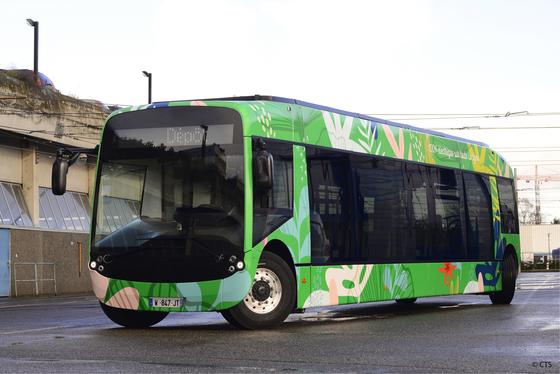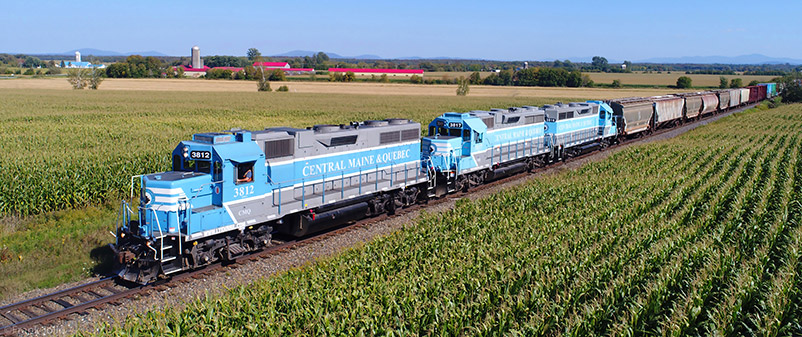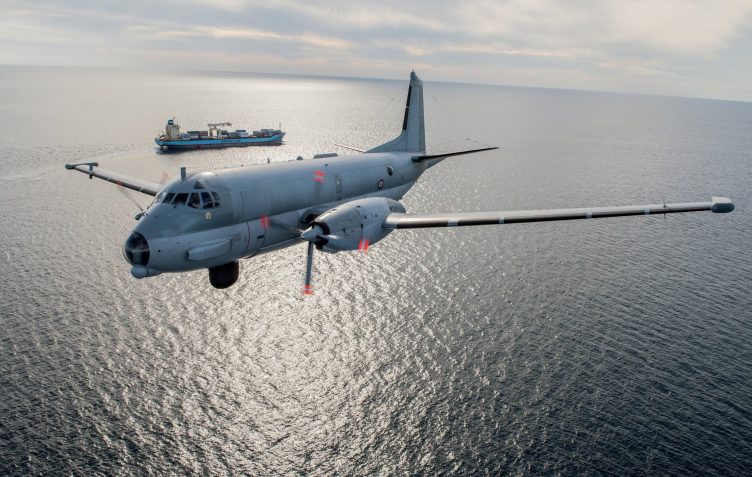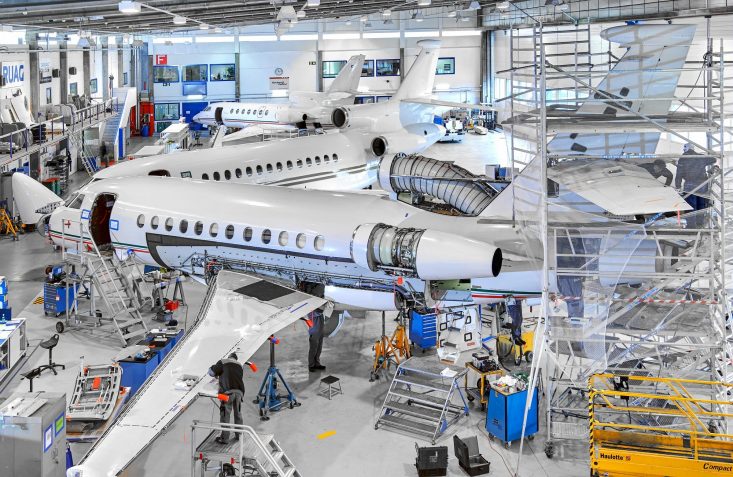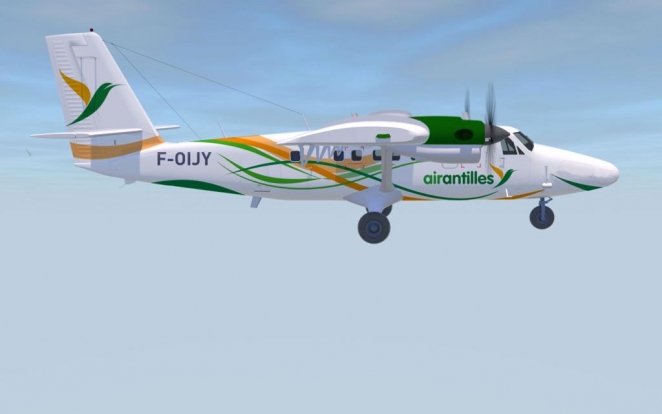
Alstom is delivering the very first 100% electric Aptis bus to Strasbourg transport operator Compagnie des Transports Strasbourgeois (CTS). This constitutes a major new step for Alstom, which aims to be the most innovative world actor for sustainable, smart mobility. Following the groundbreaking delivery, CTS will train 150 drivers in the operation of the new vehicles. During this initial training phase, the bus will run on the streets of Strasbourg with the livery that the Aptis fleet will adopt when in high-level service on the H line. With a length of 12 metres and equipped with 3 doors, Aptis buses were designed at the Hangenbieten Eurométropolis. They are the first electric buses to join CTS’s fleet of vehicles.
Thanks to its innovative design, Aptis offers an unparalleled passenger experience. Its berthing system for perfect alignment with the pavement, its low, completely flat floor and wide double doors allow easy movement and convenient boarding for people with reduced mobility and prams. Equipped with large bay windows along its entire length, Aptis offers 25% more glass surface area than a standard bus and a rear seating area with panoramic views of the city.
The vehicles requested by the city of Strasbourg are designed for slow charging at night at the depot. Aptis is also available for occasional recharging at the end of each line, using either ground-based charging solutions (SRS) or pantograph charging. Aptis was designed to have an optimised total cost. This is possible thanks to reduced maintenance and operating costs and a longer service life than that of standard buses. The aim for local authorities, therefore, is to have a total cost equivalent to that of existing standard diesel buses.
Aptis was also chosen by RATP and Île-de-France Mobilités, and by the areas of Greater Grenoble, Greater La Rochelle, and Greater Toulon, where commercial operations are due this year. As of September 2018, Aptis is also referenced by the CATP for public purchasing by local authorities. This referencing allows member authorities to order Aptis vehicles directly and simply from the CATP without having to embark on long and costly procedures.
Aptis also received the Origine France Garantie in January 2019. The certificate guarantees that at least 50% of Aptis’s value is French.
Design, production and testing will be carried out at Aptis Alstom’s site of Hangenbieten, in Alsace. Six other Alstom sites in France are involved in the design and manufacture of Aptis: Reichshoffen for the flanks, Saint-Ouen for the system integration, Tarbes for the traction, Ornans for the motors and Villeurbanne for the electronic components of the traction chain. Finally, Alstom’s site in Vitrolles is developing one of the charging solutions (SRS).
